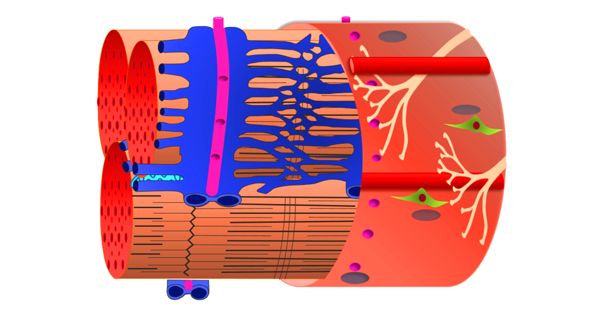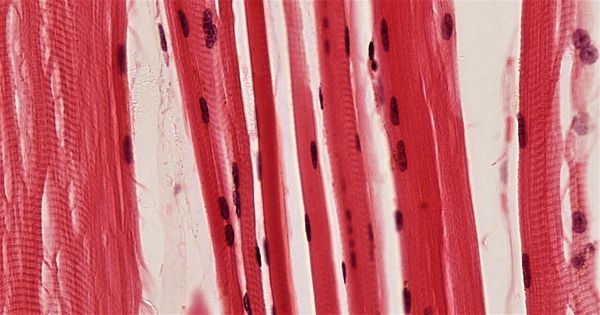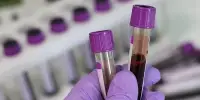The most important step you can take to maximize your muscle recovery is to live a healthy lifestyle in general. There is no recovery method that can compensate for poor nutrition and a lack of rest. Researchers have discovered for the first time how epigenetic mechanisms can be triggered to accelerate muscle cell growth by studying how different pluripotent stem cell lines build muscle, providing new insights for developing therapies for muscle disease, injury, and atrophy.
A study led by researchers at the University of California, San Diego Jacobs School of Engineering provides new insights into the development of therapies for muscle disease, injury, and atrophy. Researchers have discovered for the first time how epigenetic mechanisms can be triggered to accelerate muscle cell growth at different stages of stem cell differentiation by studying how different pluripotent stem cell lines build muscle. The research was published in Science Advances.
By studying how different pluripotent stem cell lines build muscle, researchers have for the first time discovered how epigenetic mechanisms can be triggered to accelerate muscle cell growth, providing new insights for developing therapies for muscle disease, injury and atrophy.
“Stem cell-based approaches that have the potential to aid muscle regeneration and growth would improve the quality of life for many people, from children born with congenital muscle disease to people who are losing muscle mass and strength due to aging,” said Shankar Subramaniam, distinguished professor of bioengineering, computer science and engineering, and cellular and molecular medicine. “Here, we discovered that specific factors and mechanisms can be triggered by external means to favor rapid growth.”
The researchers studied how three different human induced pluripotent stem cell lines differentiate into muscle cells. One cell line grew into muscle the fastest of the three. The researchers investigated what factors distinguished this line from the others, and then induced these factors in the other lines to see if they could speed up muscle growth.

They discovered that activating various epigenetic mechanisms at different time points accelerated muscle growth in “slower” pluripotent stem cell lines. These include inhibiting the gene ZIC3 at the start of differentiation, followed by the addition of proteins known as beta-catenin transcriptional cofactors later in the growth process. “A key takeaway here is that not all pluripotent stem cells have the same capacity to regenerate,” said Subramaniam. “Identifying factors that will prime these cells for specific regeneration will help a great deal in regenerative medicine.”
The team will then investigate therapeutic interventions, such as drugs, that can stimulate and accelerate muscle growth in human induced pluripotent stem cells at various stages of differentiation. They will also investigate whether injecting specific pluripotent stem cells into dystrophic muscle can stimulate new muscle growth in animals. Finally, they want to see if a stem cell-based approach can regenerate muscle in aging humans.
Many people believe that expensive supplements are required to achieve results from their workouts. Although some supplements may be beneficial, you will not be able to maximize your performance unless you are already taking care of the fundamentals.
Working out on a regular and intense basis is the key to achieving a chiseled body and peak physical fitness. However, allowing your muscles to recover is critical if you want to get into the best shape possible and avoid injuries. With the right approaches, you may be able to improve your overall fitness and speed up muscle recovery after a workout in no time.
















